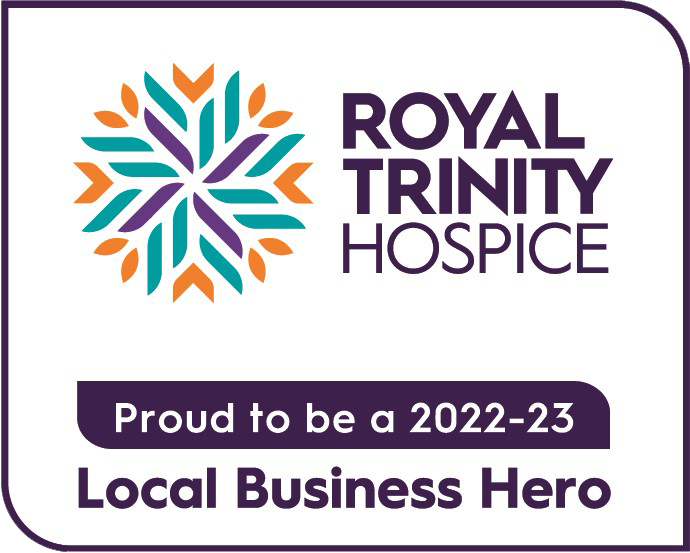Housing a health crisis
 One of the proudest moments of my dad’s life to date, so he says, was getting a mortgage and being handed the keys to his first house. He is worried, however, that I may never experience this feeling. Is his worry founded in reality? Is home ownership a uniquely British obsession?
One of the proudest moments of my dad’s life to date, so he says, was getting a mortgage and being handed the keys to his first house. He is worried, however, that I may never experience this feeling. Is his worry founded in reality? Is home ownership a uniquely British obsession?
Sir Edward Coke, The Institutes of the Laws of England, 1628:
“For a man’s house is his castle, et domus sua cuique est tutissimum refugium [and each man’s home is his safest refuge].”
William Pitt, the first Earl of Chatham and former Prime Minister, 1763:
“The poorest man may in his cottage bid defiance to all the forces of the crown. It may be frail – its roof may shake – the wind may blow through it – the storm may enter – the rain may enter – but the King of England cannot enter.”
It seems that the right and expectation to own property is something that has been ingrained in British society for centuries. While, of course, this right still exists, the expectation that the majority of people will own their own house, flat, cottage or castle, has dwindled somewhat in the past decade or so.
The words ‘housing’ and ‘crisis’ can rarely be escaped by today’s media-consuming society. And maybe the media are right to channel so much energy into this. House prices in London have increased by 25 per cent (UK average 10%) in the last yearand the rental market is similarly expensive, with rental prices almost double that of the rest of the UK. For many, the thought of leaving education, getting a job and buying a house simply does not exist. Gone are the days of 100 per cent mortgages. Welcome to the world of £50k deposits on your two-bed flat or, for many young Londoners at least, handing over half of your monthly income on rent.
What, then, are the implications for the millions of people who will never own the space they live in?
Mental health charity, Mind, state:
Having a home which is safe and affordable is generally considered to be a basic need. Stable surroundings help to maintain health and wellbeing. Poor housing or homelessness can contribute to the development of mental health problems or can make existing mental health problems more difficult to manage.
I agree with all of the above statement. I believe that the stability that comes with home ownership offers many benefits to individuals. I’m envious of my parents and our family home. I’m also aware that Mind don’t mention ownership in the above statement; to my peculiarly British ‘mind’ it appears to be synonymous with stability.
But why do I feel like this? Why do I, and many others my age, regard property ownership as something we must strive for? A comparative study, looking into the rates of buying versus renting in other European countries, suggests that, actually, Britain’s attitude towards home ownership does not follow a worldwide economic pattern.
Currently, 65 per cent of home occupiers in Britain own their homes. Other European high scorers are Bulgaria and Spain, neither of which has an economy many of us would envy. In Germany, however, only 45 per cent of people own their home, and in Berlin this falls to just 14 per cent. In fact, in Europe, Britain is the exception to the rule that the wealthiest nations have the lowest ownership figures. In Romania 96 per cent of homes are owned by their occupants!
There is, however, a more serious side to today’s housing crisis. The cramped, poor quality housing many of society’s more vulnerable people find themselves living in exacerbates mental and physical health problems. But the solutions to this and my generation’s wider housing concerns might actually be similar. Accepting that more people will have to rent for long periods, if not for all of their lives, is part of it, but more important is the need for new, good quality, affordable housing. Some estimates reckon that while 150,000 new homes are built in the UK every year, demand is almost double this.
To encourage building, we might relax planning laws and build more houses on the edges of towns and cities. This would reduce demand, lower prices (rental and purchase), and increase the quality available and choice people have. It would deter landlords from dramatically increasing rent – kicking children and their parents out of their homes, away from their schools, their friends and their communities. It would offer families, who cannot afford to buy a home, the stability and quality of life they need to live healthily.
With this is mind, I struggle to understand the point in treasuring an NHS that is free at the point of use if many people are forced, by their financial and social situation, to live in appalling conditions, exacerbating their health problems, and costing the NHS further. Is this not an example of treating symptoms rather than causes?
So, while I understand my father’s concerns, for me, the current housing crisis isn’t about struggling to get on the property ladder. The current housing crisis means GPs asking patients if they can afford to have the heating on in winter. The current housing crisis means instability in some people’s lives, forcing them to move from place to place and leading to potential mental health problems. The current housing crisis means parents are forced to buy cheap, unhealthy food for their families, who in turn become statistics in the UK’s diabetes epidemic. The current housing crisis is costing our NHS tens of billions of pounds every year.

